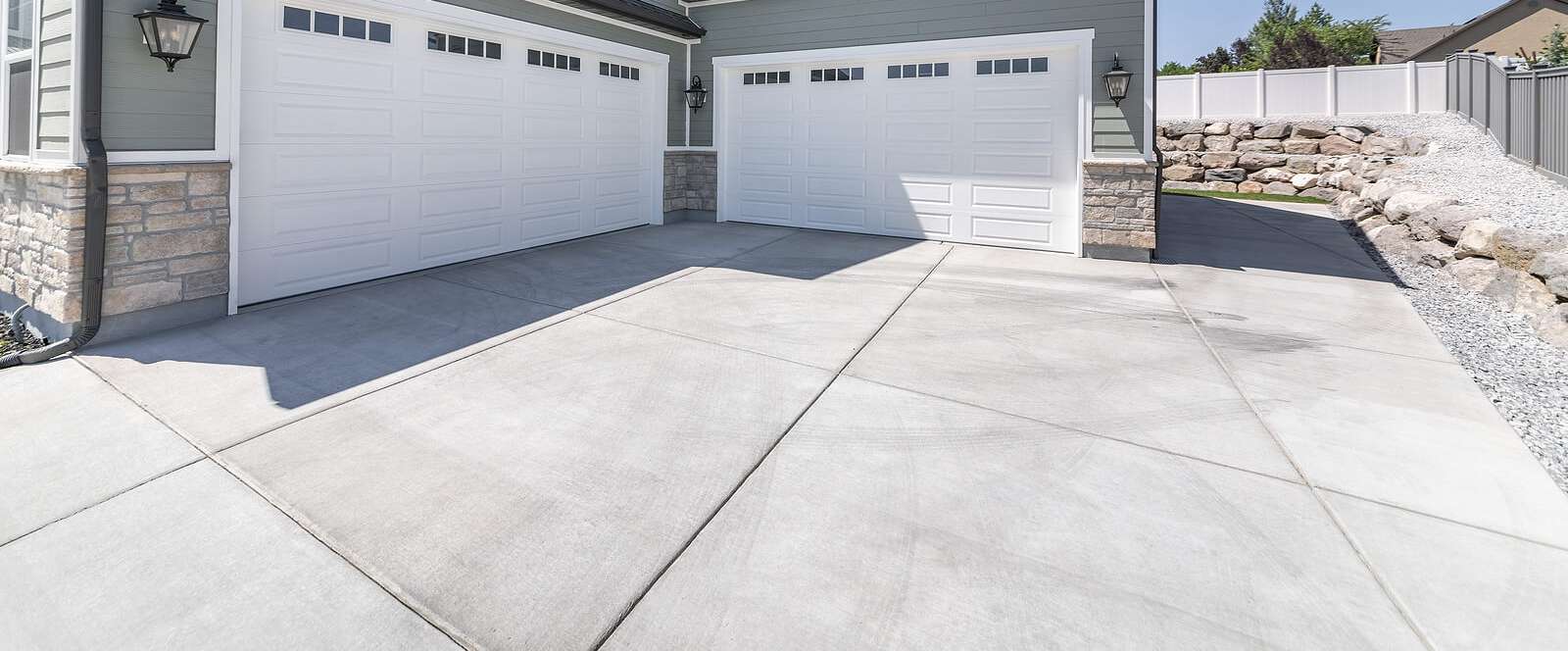
A plumber is a skilled worker who works with water pipes, drains, and fixtures in homes, commercial buildings, and factories. From installing and maintaining plumbing appliances to repairing and changing pipes, there are many jobs in plumbing. Plumbers use tools that cut holes in walls and ceilings. They also assemble fittings and splice and solder copper and plastic pipes. You might be interested in working as a plumber by enrolling in a program at a technical college or trade school.
It is possible for a plumber to earn a different salary depending on his qualifications, experience, and geographical location. However, the average salary for a plumber in the United States is $86,200 per year. This figure is based on salary data from the Bureau of Labor Statistics OES Survey. There are also other sources of information about the career such as the National Center for Construction Education and Research.
To become a licensed plumber you must pass both a written exam as well as a practical test. You can also obtain a master's degree by taking additional courses. You are required to complete an apprenticeship program in several states. The program's length can vary but it usually takes around five years.

An apprenticeship is an on-the-job training program that takes place within a real-world context. On-the-job guidance from an experienced plumber can help you to learn the best way to perform your job. You will become a journeyman after completing your apprenticeship.
To become a plumber, you will need basic knowledge of science, math, reading, and mathematics. A high school diploma or GED is required. Many employers offer on-the-job training to prepare you for the job.
Licensee plumbers must be insured and have to know the local building codes. Most states require you to have a license in order to be allowed to work. They must pass a drug test and avoid a criminal record. As a licensed plumber you can expect forty hours of work per week.
A high school diploma is required to become a plumber. Higher levels of industry experience and knowledge can make you more. Sinks, bathtubs, dishwashers, and showers are some of the most common appliances that plumbers work with.

A successful plumber will be able recognize problems and solve them. He will also be able and communicate effectively. Plumbing technicians are often responsible for fixing leaks and pressure adjustments. You may also be skilled in other areas, depending on your skill level.
There are many industries and companies you can work for, so your salary may vary depending on which one you work for. There are also opportunities in manufacturing and the hospitality industry. These industries will continue to expand, so more people will need plumbers in future.
Because of the new construction of homes, there is a growing demand for plumbers. In the next 10 years, home construction is expected increase by 233,000.
FAQ
What does my SCA include?
Your SCA will specify the exact scope of work that needs to be done, including how long it will take, what materials need to be used, what equipment is needed, and whether any special permits are required.
Can I cancel my agreement at any time?
Yes, but you must do it within 14 days after signing the contract. You may usually cancel your contract by writing notice at least seven working days prior to the date in your contract. You may still owe money to the contractor if you fail to give sufficient notice.
What happens when one party refuses to take their side in a deal?
Failure to fulfill your obligations under the agreement can lead to the law allowing the other party to declare your promise null and sue you for damages. Damages are the amount owed, plus interest, court costs, legal fees.
Is there a limit on the amount I can spend on this project?
No. No. You may be able negotiate a lower price from the contractor.
Statistics
- (1) Ascertain the extent to that offers are based on the payment of overtime and shift premiums; and (2) Negotiate contract prices or estimated costs without these premiums or obtain the requirement from other sources. (acquisition.gov)
- Reasonable late fees go up to 25% per year on unpaid sums. (lawdepot.com)
- Depending on the client's trustworthiness and financial stability, a deposit is usually 10 to 50% of the total contract amount. (lawdepot.com)
- (1) Except as provided in paragraphs (a)(4) and (a)(8) of this section, if the estimated amount of the contract or subcontract is $10 million or more, the contracting officer shall request clearance from the appropriate OFCCP regional office before- (acquisition.gov)
- (ii) Name, address, and telephone number of each proposed first-tier subcontractor with a proposed subcontract estimated at $10 million or more. (acquisition.gov)
External Links
How To
What's the difference between a service contract and a service agreement?
A service arrangement is an agreement whereby a provider agrees with a customer to perform services. Both parties are bound by it. The term "service" is used to describe a company's products and advice. Financial services are not included.
A contract is an legally binding document that describes the terms and circumstances of a business relationship. If you purchase a product from a retailer you have entered into a contract. This means that you are legally bound to pay the item later. When you accept employment, you are entering into a contract.
No formal documentation is required for a service agreement. Written service agreements are rarely used in practice. Verbal agreements are the norm.
However, a service agreement has several advantages over a contract:
-
A service contract is more flexible that a contract.
-
It allows service providers to change their minds without any penalty.
-
It gives the service greater flexibility in deciding how to deliver the agreed-upon service.
-
It provides clear evidence of what was delivered.
-
It is easier for a service provider to be sued.
-
It is cheaper to draft a service agreement than a contract.
-
It is less likely for it to result in litigation.
-
It is easier to terminate a service agreement than a contractual arrangement.
-
It is simpler to modify a Service Agreement than a Conventional Contract.
-
To establish an ongoing relationship, you can use a service contract.
-
It is possible to share the cost of drafting a service agreement with a third party.
-
It is possible to include a clause requiring arbitration in a service agreement.
-
It is possible to include provisions concerning confidentiality, nondisclosure, and proprietary rights.
-
It is possible for the contract to be specified in terms of its duration (e.g. 1 year).
-
You can make the service agreement subject only to a pre-existing condition.
-
It is possible for a service provider to be held liable for only negligence, gross negligence, and/or fraud.
-
It is possible to limit liability for consequential damages.
-
It is possible for a service provider to enter into a new agreement with a customer.
-
In certain situations, notice can be given of termination.
-
It is possible to request that the service provider provides a warranty.